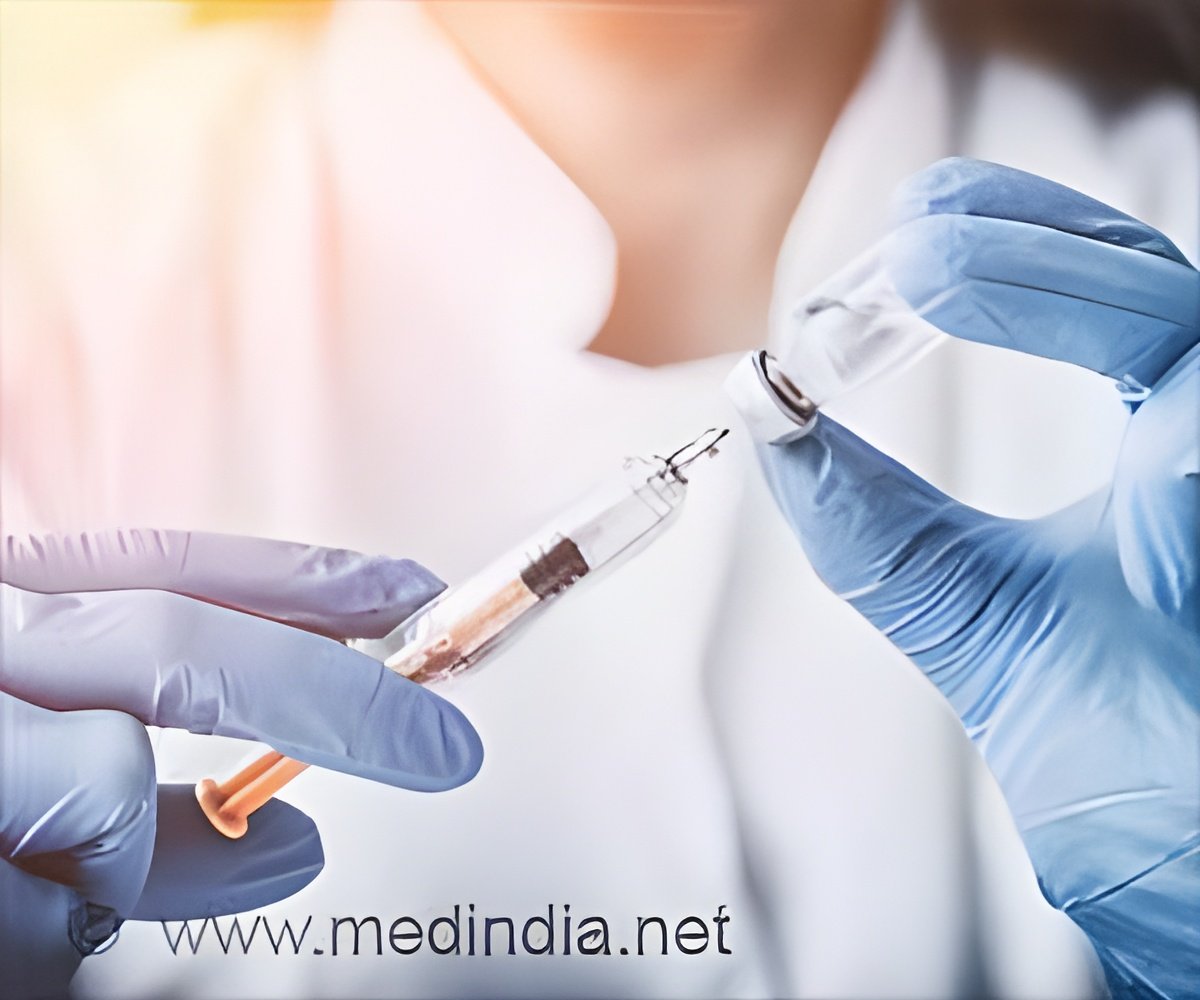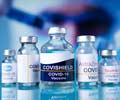mRNA vaccines for COVID-19 could trigger a stronger immune response and an additional boost in antibody levels can be achieved after the second dose.

‘The mRNA vaccines work by producing antigen proteins, sufficient enough to elicit an immune response in the body. Ultrasensitive blood test has confirmed that mRNA vaccines for COVID-19 activate antibodies that target spike proteins of SARS-CoV-2 and the second dose of vaccination provide an additional boost in antibody levels.’





"Because of our ultra-sensitive method, we're able to corroborate that the mRNA vaccine is operating as intended, stoking the body's immune response," said co-corresponding author David Walt, Ph.D., a member of the faculty in the Department of Pathology at the Brigham. Walt is also a member of the Wyss Institute and is a Howard Hughes Medical Institute Professor. How do mRNA vaccines work?
Traditional vaccines contain killed or inactivated pathogens that make the immune system create an immune response that prevents future infections. mRNA vaccines work differently. They exclude the need for whole pathogens but in turn, encourages the human body to produce proteins of that pathogen by itself.
RNA molecules are extremely sensitive and the key to success lies in the careful manufacturing and administration of them without causing damages to their stability. They make the production process much simpler yet can elicit a robust immune response.
The mRNA vaccines for COVID-19 are also created in this way so that when those molecules translate into spike proteins, they can activate the immune system, which in turn creates antibodies to prevent future infections.
Advertisement
A total of 13 participants who received two doses of the Moderna (mRNA-1273) vaccine were included in the study. Walt and the team measured the levels of specific molecules such as SARS-CoV-2 antigens Spike, S1, and Nucleocapsid.
Advertisement
At about five days post-vaccination, the S1 subunit protein level showed a peak. By day 14, the levels of this protein became undetectable in all participants. Three of the thirteen participants showed the presence of Spike protein in their plasma samples at an average of 15 days after the first injection. Neither S1 nor Spike protein was detected after the second dose of vaccine.
Antibodies in the action
The corresponding antibody data from the research showed that viral proteins produced by the mRNA vaccines were exceptionally low but sufficient enough to trigger an immune response in the body. The proteins also disappeared once the antibodies were produced in detectable amounts and the blood plasma samples from the participants showed clearance of these viral proteins when antibody levels of the body increased.
"We observed that antibodies that target Spike and S1 proteins are generated as early as 1-2 days after circulating S1 is detected, followed by the clearance of proteins. Additionally, we see that the second dose does not result in circulating protein but does provide an additional boost in antibody levels, as expected," said co-first author Alana Ogata, PhD, a postdoctoral fellow in the Walt lab.
The study has some limitations that should be taken into consideration before extrapolating the data to all the groups of people. The participants included in the study were healthy volunteers who were vaccinated but not infected with SARS-CoV-2. The average age of participants was 24 and the female participants constituted only about 46%. The research group proposes to continue this study in other populations, including pregnant people and children, to get more conclusive evidence that aid in understanding how viral proteins from these mRNA vaccines tend to elicit an immune response.
Source-Medindia















